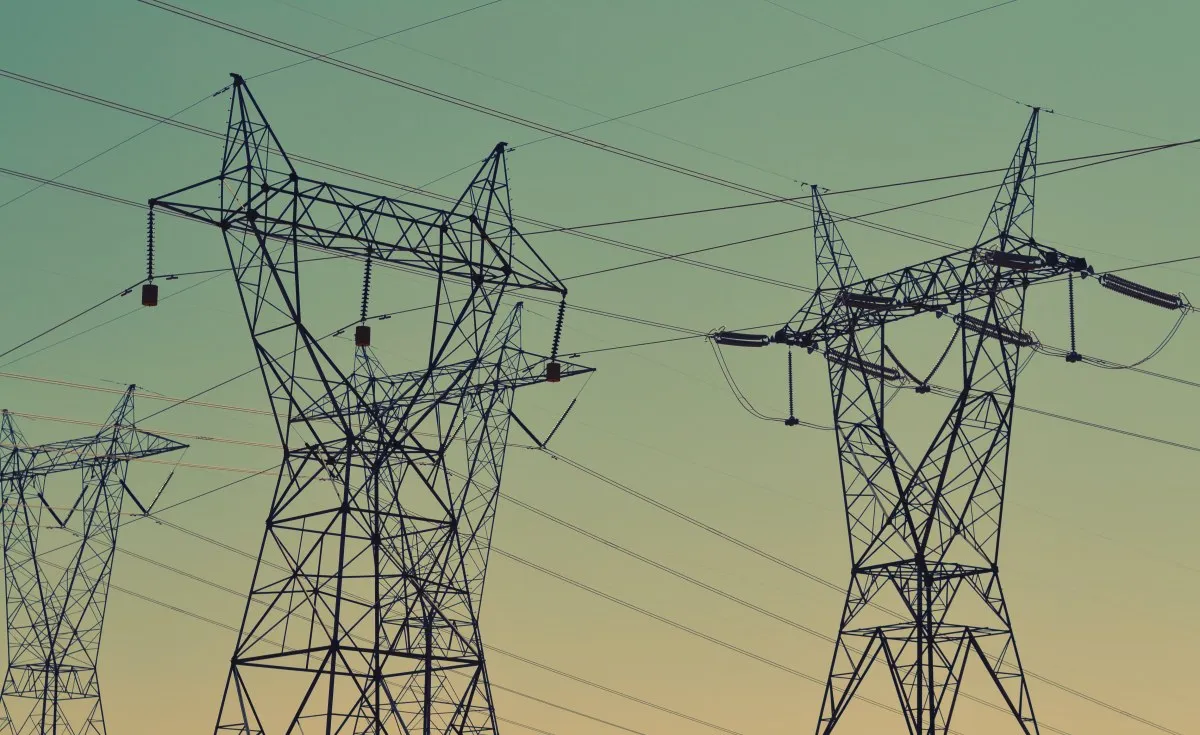Africa's Trade and Economy: South Africa's Electricity Market Competition

Africa's Trade and Economy: South Africa's Electricity Market Competition
South Africa's electricity market is at a pivotal turning point as new laws are being introduced to foster competition. This initiative comes in response to a prolonged electricity crisis that has significantly impacted the economy and daily life since 2008. The state-owned utility, Eskom, has faced numerous challenges, including rolling blackouts and a culture of non-payment, creating an urgent need for reform.
Political Landscape and Economic Impact
- Pivotal laws aim to increase efficiency in the energy sector.
- Economic growth hinges on reliable energy supply.
- Political stability influences investment in energy infrastructure.
Impact on Trade and Business
The changes in South Africa's electricity sector are expected to have wide-reaching effects on trade and business. A more competitive market can potentially drive down costs, fostering an environment conducive to investment and innovation.
Future Prospects
- Long-term strategies are crucial for sustainability.
- Companies must adapt to the evolving energy landscape.
- Government support is key to incentivizing private investment.
This article was prepared using information from open sources in accordance with the principles of Ethical Policy. The editorial team is not responsible for absolute accuracy, as it relies on data from the sources referenced.